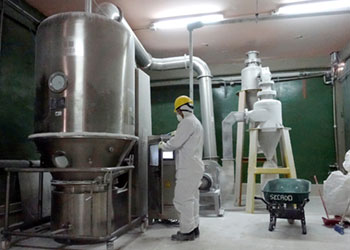
June was the hottest month on record for the world, while July too saw unprecedented temperatures.
This extreme heat has major consequences for global energy systems, feeding demand for air-conditioning and driving surges in demand for electricity, says an IEA report.
This can result in a vicious cycle of increased greenhouse gas (GHG) emissions that in turn make the world even hotter.
Swings in demand as a result of changing cooling needs also carry the threat of shortages, restrictions, blackouts and brownouts.
On the bright side, the world has made huge strides in expanding renewable energy capacity in recent years.
The amount of renewable power capacity added worldwide rose by almost 13 per cent in 2022.
This is further expected to jump by a third in 2023, as growing policy momentum, elevated fossil fuel prices and ongoing energy security concerns drive strong deployment of solar PV and wind power, says the IEA’s Renewable Energy Market Update.
Meanwhile, global electricity generation from renewables could overtake coal as early as next year, depending on weather conditions.






















































































